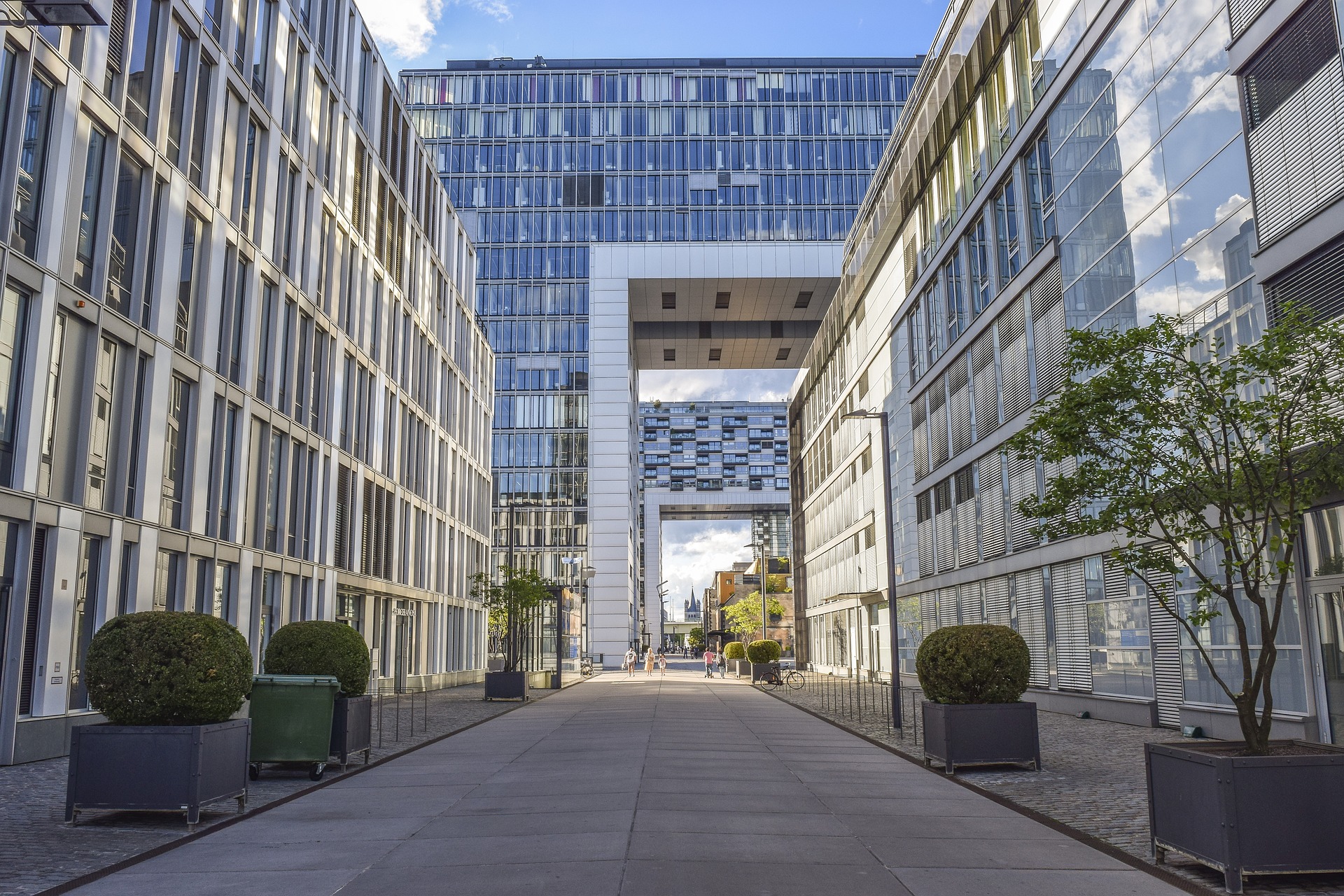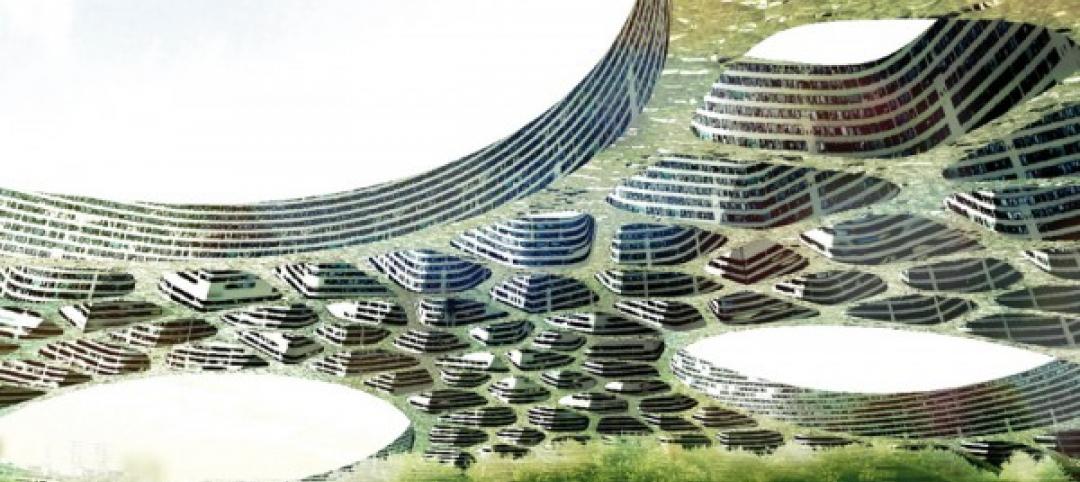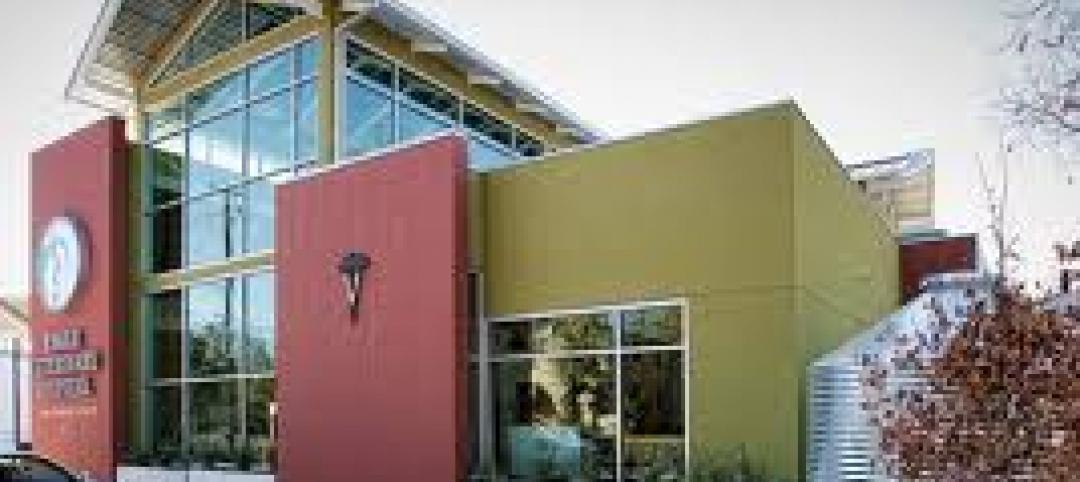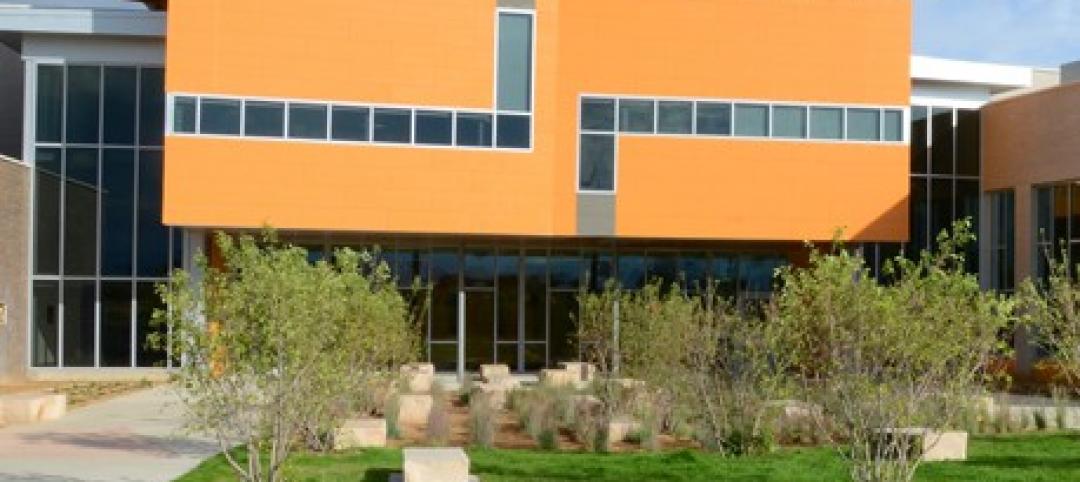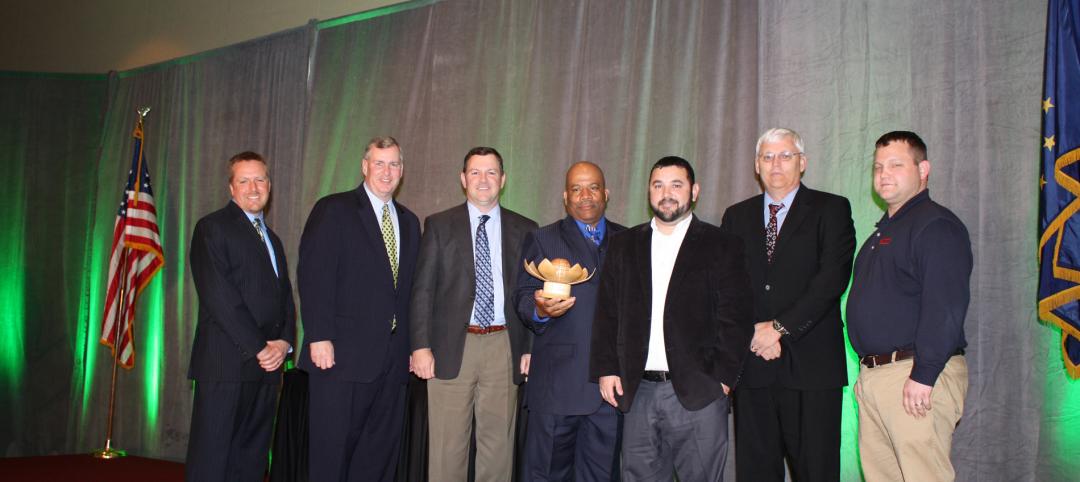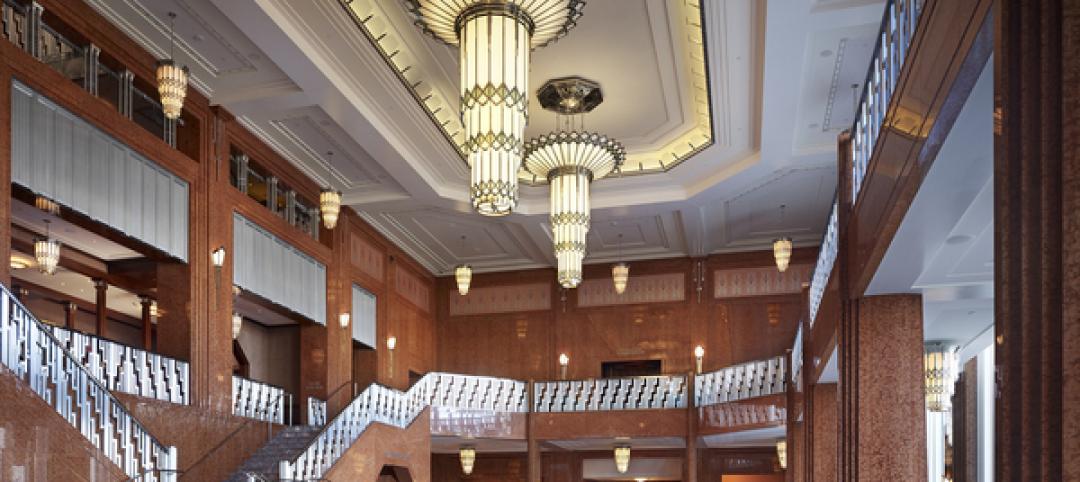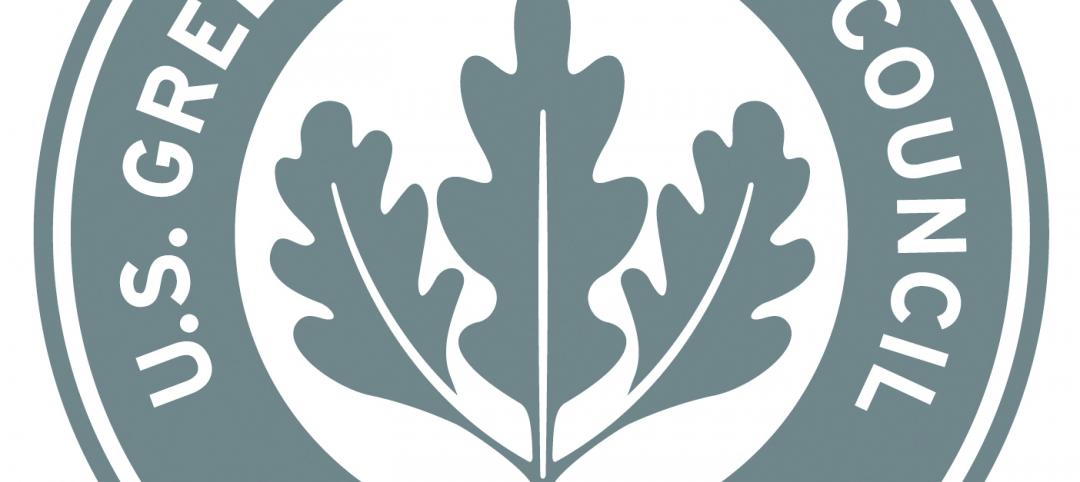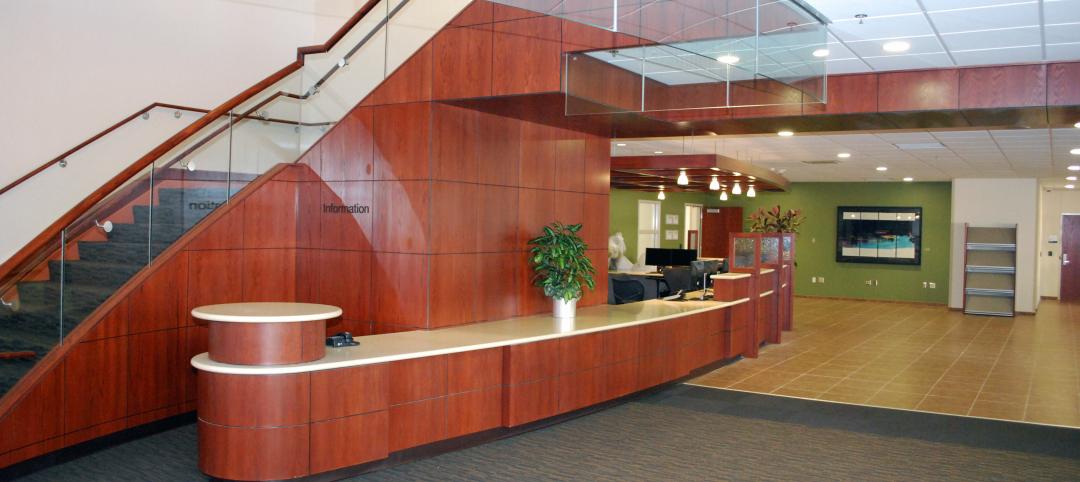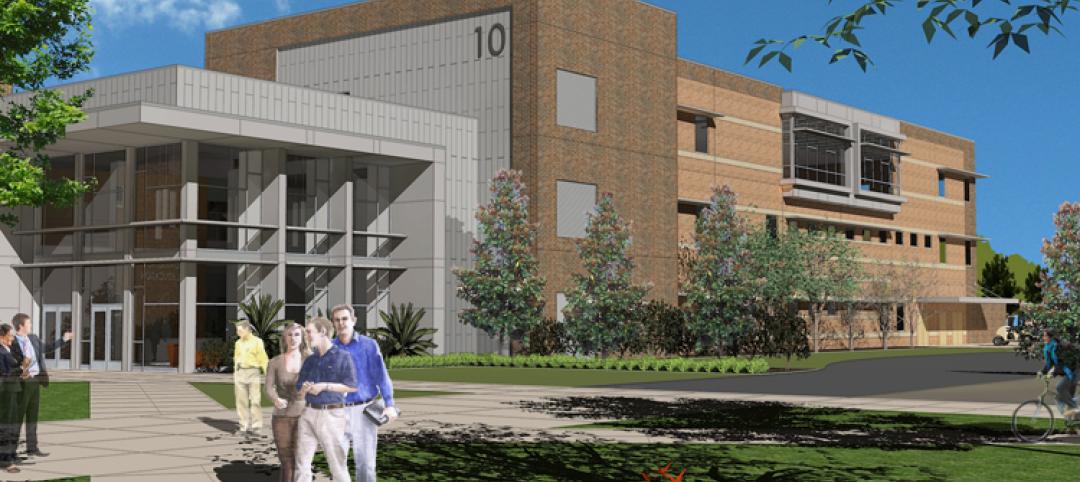The Federal Emergency Management Agency (FEMA) recently unveiled new guidance on additional assistance funding for net zero buildings.
The funding is available for implementing net-zero energy projects with a tie to disaster recovery or mitigation. FEMA encourages applicants to incorporate net zero activities into eligible recovery and mitigation projects.
For projects to be identified as net-zero energy, buildings must meet or exceed the energy performance thresholds and renewable generation requirements specified in the zero energy appendices of the 2021 International Energy Conservation Code (IECC).
The increased costs of designing projects to be net-zero over traditional methods is allowable on certain eligible projects.
FEMA eligibility requirements for net zero energy buildings
For a FEMA project to be determined eligible as a net-zero energy project, each project must meet applicable program eligibility requirements. For new construction, major renovations, reconstruction, or code updates to be identified as net-zero energy, the following requirements will be taken into consideration to allow for additional costs, or other program or grant benefits.
New building construction and major renovations projects:
1. Are defined as new buildings or complete overhauls of existing buildings to salvage existing core structural elements, historical facades, etc. without any functional floor area being preserved in the process.
2. Must produce buildings that meet or exceed the energy performance thresholds and renewable generation requirements specified in the zero energy appendices of the 2021 International Energy Conservation Code (IECC), appendix CC and RC for commercial and residential, respectively. Code specifications or standards that are equivalent to or more stringent than the IECC require the project engineer, design professional, or other project professional to identify the energy requirements of such local code specifications or standard as equivalent to or more stringent to the IECC.
3. Must comply with these requirements using the methodology and requirements outlined in these IECC Appendices, or subsequent, more recent versions, or other versions of zero energy building codes as they may emerge and be specified by FEMA or Department of Energy (DOE) as eligible.
Existing buildings that are transitioning to net-zero energy projects:
1. Are defined as existing buildings which are eligible for FEMA funding that undergo an alteration, modification, or other retrofit.
2. Alterations, modifications, or other retrofits affecting part but not all of an existing building must meet or exceed the requirements outlined in Chapter 7 and Normative Appendix B (if applicable) in the 2021 or most recent version of the International Green Construction Code (IgCC). These construction and procurement requirements ensure that high performance equipment and materials are installed in the facility, even if the facility as a whole, will not meet the energy performance targets specified in the IECC Zero Energy Appendices. Code specifications or standards that are equivalent to or more stringent than the IgCC require the project engineer, design professional, or other project professional to identify the energy requirements of such local code specifications or standard as equivalent to or more stringent to the IgCC.
3. The project must procure renewable energy generation in an amount equivalent to or greater than the annual energy consumption of the alteration, modification, or other retrofit of the existing building. The amount of renewable energy generation required for the project can be calculated using the methodologies outlined in the IECC Zero Energy Appendices. Pairing this renewable generation with high performance equipment and materials will enable partial-building projects for existing buildings to achieve net-zero standards.
4. Compliance with these requirements will be performed using the methodology and requirements outlined in the IECC Zero Energy Appendices and the IgCC where specified above throughout the construction process.
Related Stories
| Apr 6, 2012
Flat tower green building concept the un-skycraper
A team of French designers unveil the “Flat Tower” design, a second place winner in the 2011 eVolo skyscraper competition.
| Apr 5, 2012
5 tips for a successful door and window retrofit
An exclusive tip sheet to help the Building Team manage door and window retrofits successfully.
| Apr 4, 2012
San Antonio animal hospital earns LEED Platinum certification
Middleman Construction Company builds the city?s first commercial building to earn certification.
| Apr 3, 2012
Product Solutions
Two new PV systems; a lighter shelf; and fire alarm/emergency communication system.
| Apr 3, 2012
Educational facilities see long-term benefits of fiber cement cladding
Illumination Series panels made for a trouble-free, quick installation at a cost-effective price. The design for Red Hawk Elementary School stems from the desire to create a vibrant place for kids to learn. In an effort to achieve this design, RB+B Architects selected Nichiha USA to provide a durable yet modern, contemporary exterior finish.
| Apr 2, 2012
Gilbane honored for sustainability efforts in Indianapolis
Emmitt J. Bean Federal Center project team for their role in advancing sustainability in the city.
| Mar 29, 2012
Construction completed on Las Vegas’ newest performing arts center
The Smith Center will be the first major multi-purpose performance center in the U.S. to earn Silver LEED certification.
| Mar 28, 2012
Milestone reached for LEED-certified buildings?
Total number of major global green buildings now stands at 12,000.
| Mar 28, 2012
Holden Cancer Center opens at University of Iowa Hospitals and Clinics
The new cancer clinic provides a significant increase in patient space from the prior facility, which was located in an adjacent building.
| Mar 27, 2012
Groundbreaking held for Valencia College West Campus Building 10 in Orlando
Project led by design-build team of SchenkelShultz Architecture and McCree General Contractors, both of Orlando.


